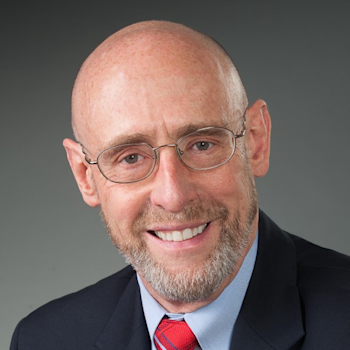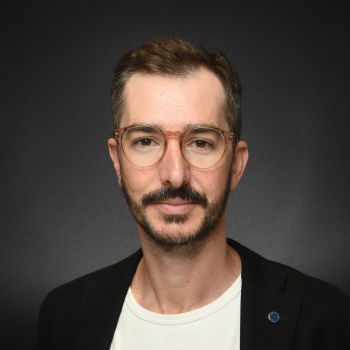Reshoring: The Trend and The Opportunity
The first of a series of 2021/2022 AMT webinars and videos on how localization/reshoring is a key element in the environmental, social and governance (ESG) trend. Local production reduces disruption of the environment, the supply chain and society. Reshoring surged to a new record in 2020 and looks to increase by another 30+% in 2021. Government programs are attacking some of the country’s largest supply chain gaps. About 20% of imports can be produced or sourced domestically at no total cost penalty and substantial environmental benefit. Date: October 28, 2021, at 12:00 p.m. ET
Didn't get a chance to attend? View the recording today!
Meet our Speakers!

Harry founded the Reshoring Initiative to bring five million manufacturing jobs back to the U.S. after working for high end machine tool supplier GF AgieCharmilles, starting as President in 1985 and retiring 12/31/10 as Chairman Emeritus. Largely due to the success of the Reshoring Initiative, Harry was inducted into the Industry Week Manufacturing Hall of Fame 2010 and was named Quality Magazine’s 2012 Quality Professional of the year and FAB Shop Magazine’s Manufacturing Person of the year. Harry participated actively in President Obama’s 1/11/12 Insourcing Forum at the White House, won The Economist debate on outsourcing and offshoring, received the Manufacturing Leadership Council’s Industry Advocacy Award in 2014 and the Made in America 2019 Reshoring Award. He was recognized by Sue Helper, then Commerce Department Chief Economist, as the driving force in founding the reshoring trend and named to the Commerce Department Investment Advisory Council in August 2019. Harry is frequently quoted in the Wall Street Journal, NYT, Forbes, Financial Times, New Yorker, Washington Post and USA Today and seen on Fox Business, MarketWatch, PRI, NPR, Manufacturing Talk Radio and other national TV and radio programs. He received a BS in Mechanical Engineering and an MS in Engineering at MIT in 1967 and an MBA from U. of Chicago in 1981.

Ryan Kelly is the General Manager of AMT’s San Francisco Tech Lab. Ryan focuses on addressing the key challenge in manufacturing of technological innovations outpacing the industry’s ability to absorb them. To do so, he works toward increasing the manufacturing industry’s techno-metabolism through educational programs, pilot projects, and creating and cultivating stronger ties between the manufacturing and emerging technology communities.
